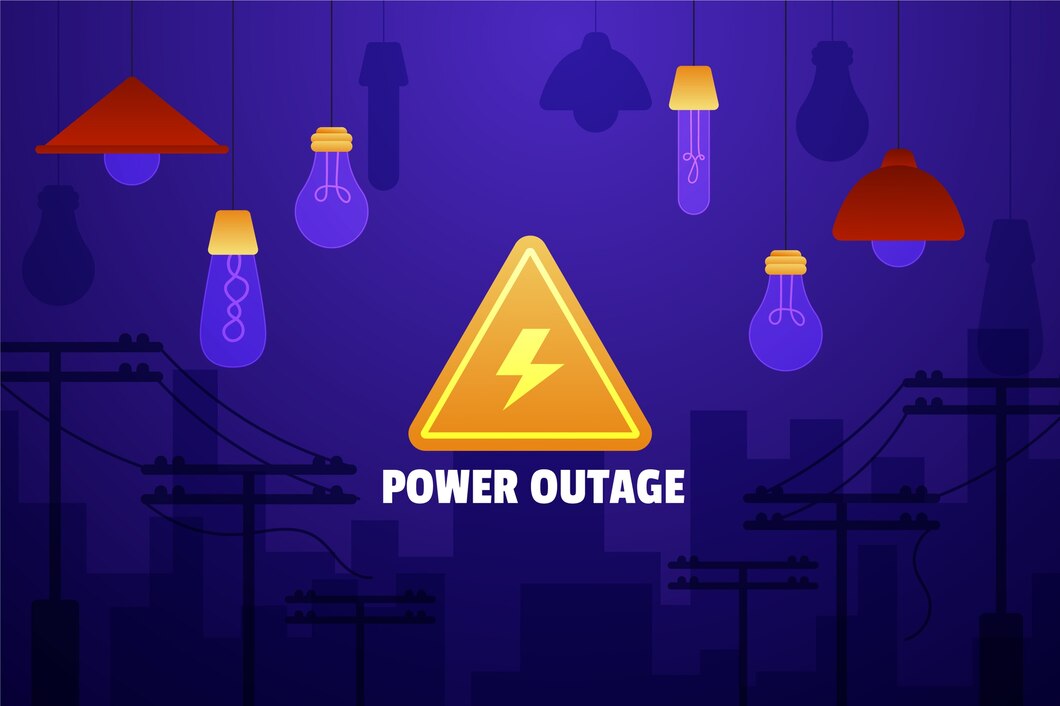By Naima Idris
Electricity is a basic need in our homes today. We need electricity to light our houses, cook our meals, preserve food in refrigerators and at times even to pump water into our tanks. Additionally, it enables us to charge our devices such as mobile phones and laptops, hence enabling us to find information, connect with other people and carry out our daily activities comfortably and effectively.
In Lamu County, several residents have recently been complaining about Kenya Power billing them high amounts that are quite unclear. Their recent bills have been three times higher than their normal consumption. A few who went to follow up on the issue were informed that the old meters were faulty and they did not read well around December 2023 until around mid-2024. Despite the claims by Kenya Power, the residents assured that they have been billed for those months, and they had cleared their bills on time.
Most of their complaints go unheard and bills continue to pile up. These people are tortured further by having electricity disconnected in their homes, leading to social and economic distress. When the residents opt to shift from the old meter system to tokens, KPLC officials claim that they have no tokens at the moment and have no idea when they will be restocked. They insist that the residents clear the bills first before they can submit an application for the tokens, which require them to pay KES 25,000 for the shift.
With pending high bills and a higher fee requirement to shift to token system, this has made the burden even more difficult for the residents as they have to continue bearing with KPLCs lack of transparency and accountability. Many feel trapped in a system that exploits them instead of serving their need for a basic utility.
Residents are calling for an audit of billing practices and a clear explanation on the malfunctioning meters. They also demand for a review and reduction of the KES 25,000 fee required to shift to the token system. There is also a strong need for KPLC to ensure a reliable availability of tokens in local areas. Until these issues are addressed, the residents’ trust with the power providers will remain shattered.






